Should age influence duration of CPR for cardiac arrests in the hospital?
PulmCCM
MARCH 24, 2025
This is a series of articles on the duration of CPR for in-hospital cardiac arrest. An index to all posts in the series can be found here: Introduction Although cardiopulmonary resuscitation (CPR) is performed on more than 250,000 people in U.S. In-Hospital Cardiac Arrest Outcomes By Age and Rhythm Type Read more




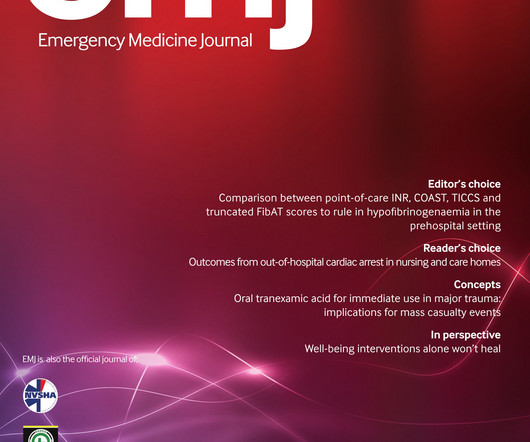
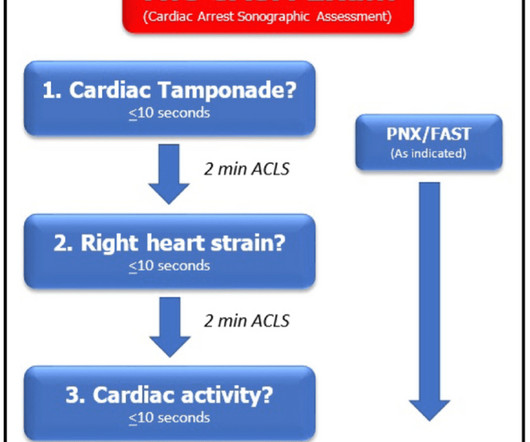
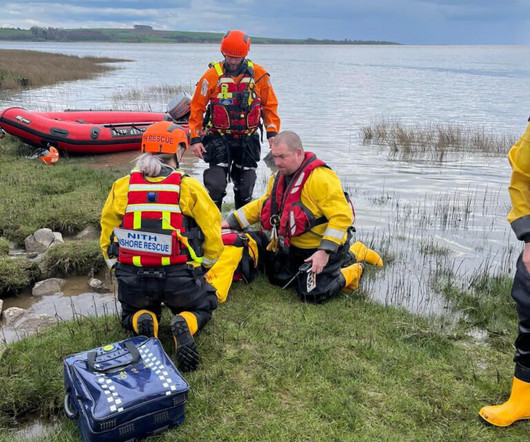
































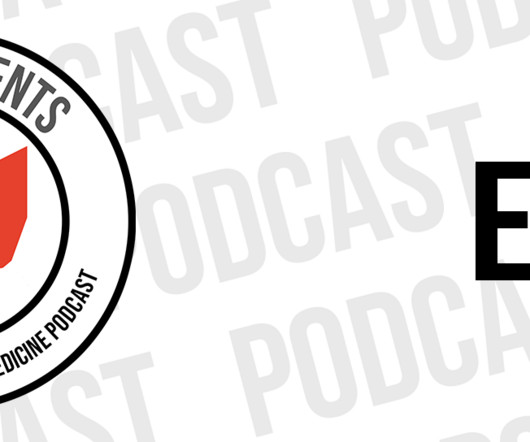
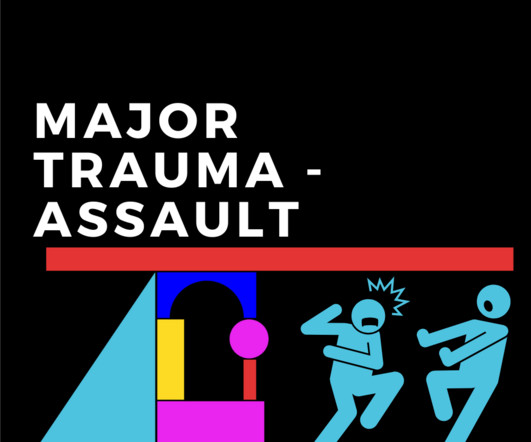



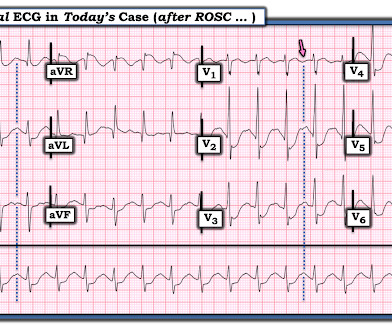






Let's personalize your content